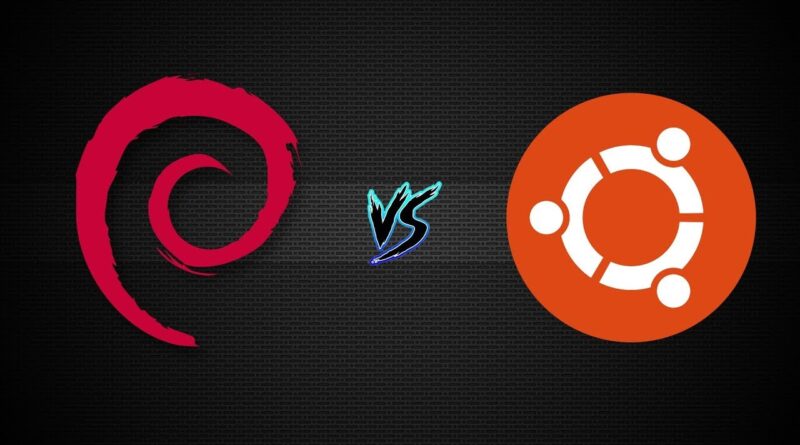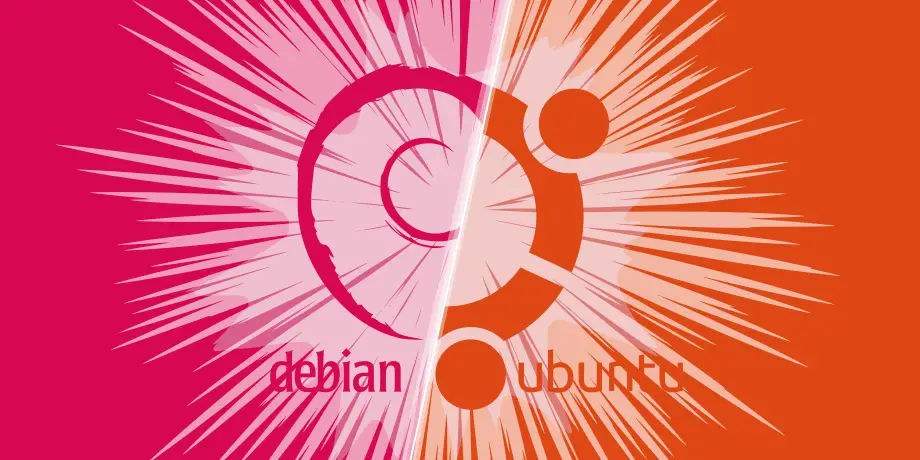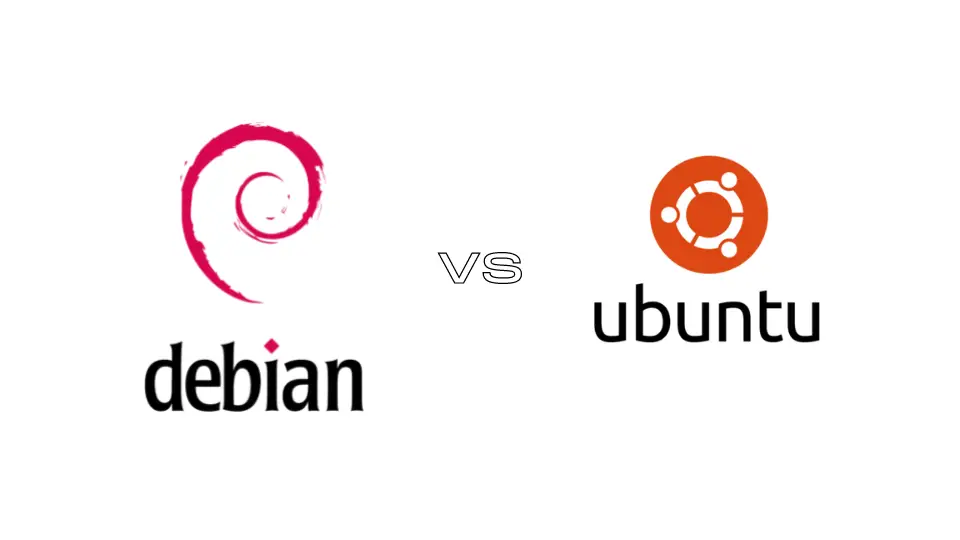Debian vs. Ubuntu LTS: Long-term Support Compared

Debian and Ubuntu are two of the most popular Linux distributions, but they take different approaches to long-term support (LTS). Debian’s LTS releases are supported for five years, while Ubuntu’s LTS releases are supported for ten years. This difference in support duration can have a significant impact on your decision of which distribution to use.

Debian LTS

Debian’s LTS releases are known for their stability and reliability. They are typically based on the latest stable release of Debian, and they receive regular security updates throughout their support period. This makes them a good choice for servers and other critical applications.
However, Debian’s LTS releases can also be somewhat conservative. They may not include the latest software packages, and they may be slower to adopt new features. This can be a disadvantage for users who want to use the latest and greatest software.
Ubuntu LTS
Ubuntu’s LTS releases are known for their balance of stability and features. They are based on the latest stable release of Ubuntu, and they receive regular security updates and bug fixes throughout their support period. They also include a number of newer software packages than Debian’s LTS releases.
This makes Ubuntu’s LTS releases a good choice for users who want a stable distribution with access to the latest software. However, Ubuntu’s LTS releases can also be somewhat more bleeding-edge than Debian’s LTS releases. This means that they may be more likely to experience bugs and other problems.
Which Distribution is Right for You?
The best distribution for you depends on your individual needs and preferences. If you need a stable distribution that will receive regular security updates for a long period of time, then Debian LTS is a good choice. If you want a distribution that includes the latest software packages and features, then Ubuntu LTS is a good choice.
Here is a table that summarizes the key differences between Debian LTS and Ubuntu LTS:
| Feature | Debian LTS | Ubuntu LTS |
|---|---|---|
| Support Duration | 5 years | 10 years |
| Software Packages | Older stable packages | Newer stable packages |
| Features | Conservative | Bleeding-edge |
| Stability | High | Medium |
Executive Summary
Debian and Ubuntu LTS (Long-Term Support) are two renowned Linux distributions but cater to varying user needs. Debian focuses on stability and reliability, while Ubuntu LTS offers a more user-friendly experience with a wider software selection. This article delves into the key differences between these distributions, presenting their strengths and limitations to aid in informed decision-making.
Introduction
Navigating the vast landscape of Linux distributions can be a daunting task, especially when considering long-term support (LTS) options. Both Debian and Ubuntu LTS have established themselves as reliable choices, but they each carry distinct characteristics that appeal to different user profiles. This article examines the key distinctions between these two distributions to provide a comprehensive understanding of their suitability.
Stability and Reliability
Debian prides itself on rock-solid stability and reliability. It adheres to a strict package management process, ensuring that all versions are thoroughly tested for stability. As a result, Debian releases updates less frequently than other distributions but maintains a reputation for exceptional stability, ideal for servers and mission-critical systems.
Key Features:
- Ultra-stable releases, minimizing the risk of disruptions.
- Long-term support cycle of five years, guaranteeing a prolonged period of security and stability.
- Meticulous package testing and versioning system.
User-Friendliness
Conversely, Ubuntu LTS strikes a balance between stability and user-friendliness. Its intuitive interface, broad hardware compatibility, and extensive support resources make it a popular choice for less experienced Linux users. Moreover, Ubuntu’s large user base fosters a thriving community, providing ample support and documentation.
Key Features:
- Modern, user-friendly graphical user interface (GUI).
- Excellent hardware compatibility, ensuring seamless integration with various devices.
- Comprehensive documentation and a vast online community, facilitating easy troubleshooting and learning.
Software Ecosystem
Debian boasts a vast software repository with over 51,000 packages, providing a comprehensive selection of software for various needs. However, Ubuntu LTS surpasses this with its Software Center, offering a more user-friendly and centralized hub for software acquisition. Additionally, Ubuntu’s popularity attracts broader third-party support, resulting in a wider range of software options.
Key Features:
- Debian: Massive software repository with a vast selection of packages.
- Over 51,000 packages to cater to different use cases.
- A focus on open-source and free software.
- Ubuntu LTS: User-friendly Software Center and extensive third-party support.
- Centralized and easy-to-use software installation interface.
- A broader range of software options, including proprietary and commercial software.
Release Cycle and Support
Debian employs a conservative release cycle, with stable releases occurring every two years. This cadence prioritizes stability over frequent updates, preserving the reliable nature of Debian. Ubuntu LTS, on the other hand, follows a fixed release schedule with new LTS versions every two years. This predictability provides a consistent user experience and aligns with the typical support lifespan of hardware.
Key Features:
- Debian: Stable releases every two years, prioritizing reliability.
- Thorough testing and bug fixes before releases.
- Security updates and maintenance throughout the release cycle.
- Ubuntu LTS: Fixed release schedule with new LTS versions every two years.
- Regular security and maintenance updates during the five-year support period.
- More frequent updates compared to Debian stable releases.
Community Support
Both Debian and Ubuntu LTS benefit from vibrant and engaged communities. Debian’s community emphasizes open collaboration and technical discussions, fostering a deep understanding of the distribution. Ubuntu’s community is more extensive, providing a welcoming environment for novice users and contributing to its user-friendly reputation.
Key Features:
- Debian: Technically inclined community, emphasizing technical discussions and collaboration.
- Active mailing lists and forums for technical support and knowledge sharing.
- Emphasis on open-source principles and community involvement.
- Ubuntu LTS: Extensive community with a broad spectrum of users and contributors.
- Official forums and user groups dedicated to Ubuntu support and discussions.
- Active community-driven documentation and translation projects.
Conclusion
Debian and Ubuntu LTS offer distinct advantages depending on the user’s requirements. Debian’s unwavering stability and meticulous release process make it an ideal choice for mission-critical systems and users prioritizing reliable operation. Ubuntu LTS balances stability with user-friendliness, catering to a broader audience with its intuitive interface, extensive software ecosystem, and vibrant community. Ultimately, the choice between these distributions boils down to the specific needs and preferences of the user.

Interesting comparison. I’m curious to know if the different release cycles of Debian and Ubuntu LTS affect the availability of software updates.
I’ve used both Debian and Ubuntu LTS in production environments, and I have to say that I prefer Debian’s more conservative approach to updates. Ubuntu LTS can sometimes feel a bit too bleeding-edge for my taste.
I’ve been using Ubuntu LTS for years and I’ve never had any major problems. It’s a great distro for both servers and desktops.
Your comparison is flawed. You’re comparing Debian, a stable distro, to Ubuntu LTS, a long-term support distro. Of course, Debian is going to have more up-to-date software. But if you need a stable system that will receive security updates for a long time, Ubuntu LTS is the better choice.
Oh, yeah. Debian is so stable that it takes years for new software to be released. And Ubuntu LTS is so bleeding-edge that it breaks every other day. Great comparison.
I used to use Debian, but then I switched to Ubuntu LTS because it came with a free pair of socks. Best decision I ever made.
I’m grateful for the existence of both Debian and Ubuntu LTS. They’re both great distros that serve different purposes. Debian is great for stability, while Ubuntu LTS is great for long-term support.
It’s important to note that Debian and Ubuntu LTS are based on different release models. Debian uses a rolling release model, while Ubuntu LTS uses a fixed release model. This means that Debian will receive more frequent updates, while Ubuntu LTS will receive less frequent but more stable updates.
I’m not sure I agree with your conclusion that Ubuntu LTS is better for long-term support. Debian has a longer track record of providing stable releases, and it’s not as likely to introduce breaking changes.